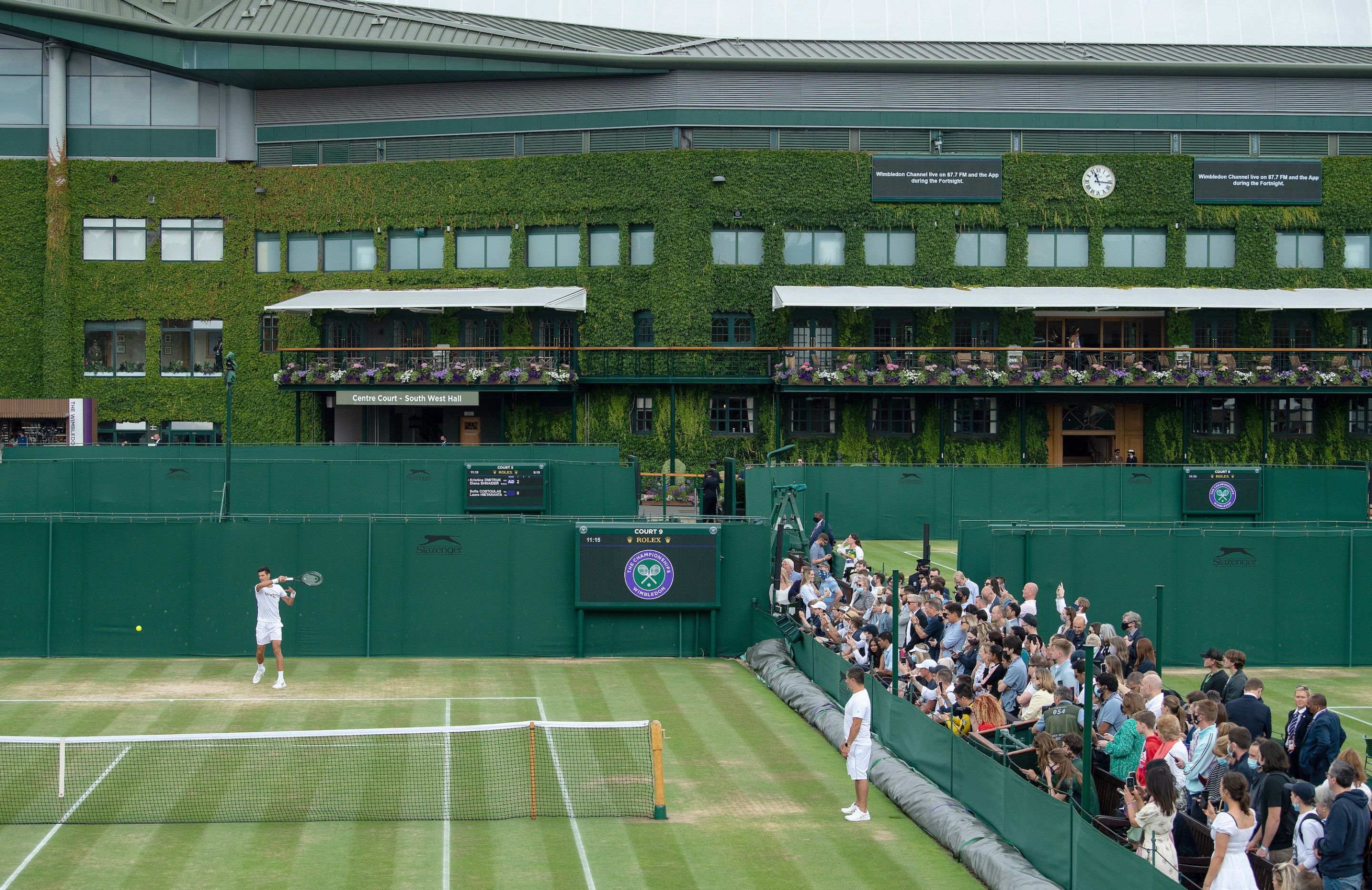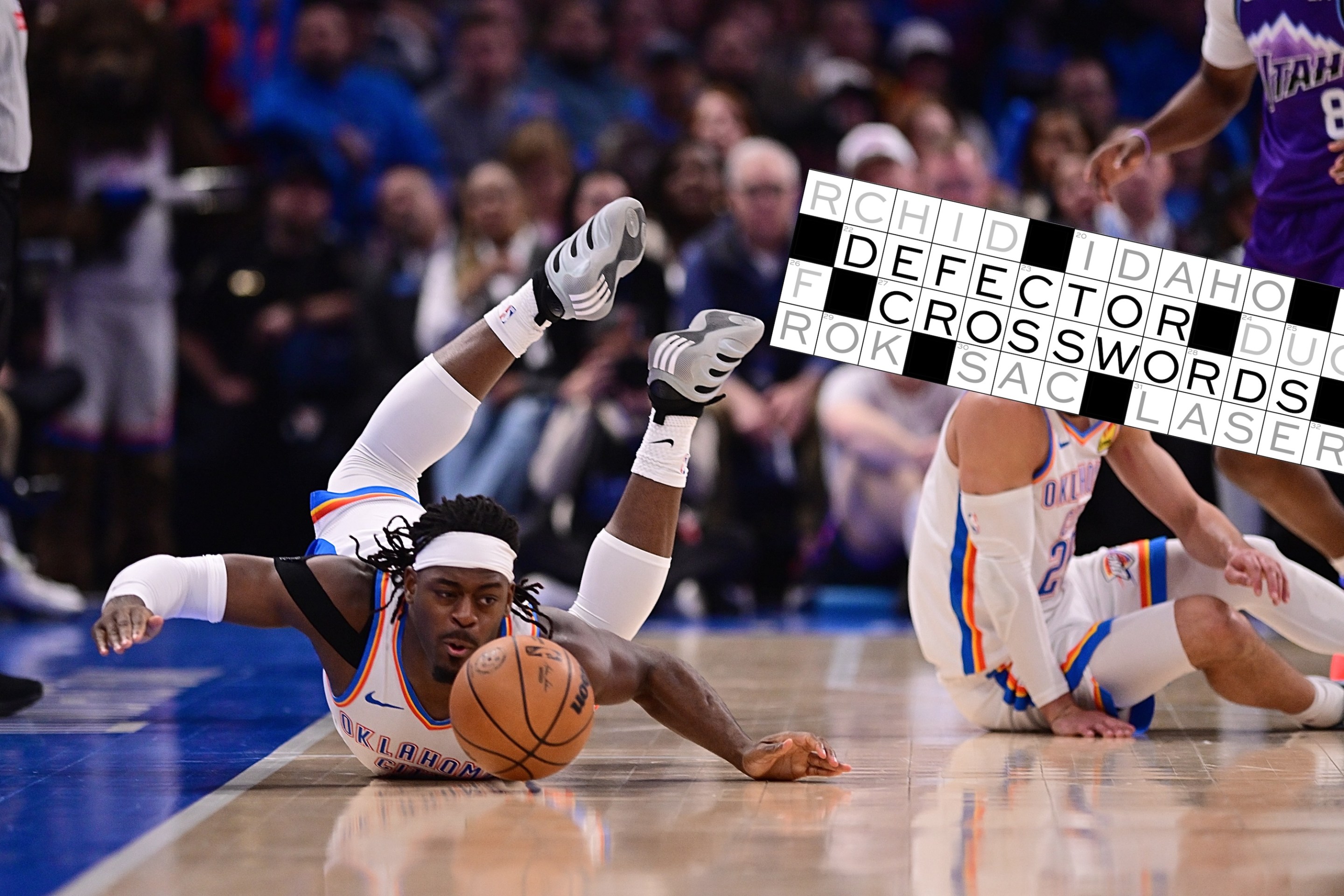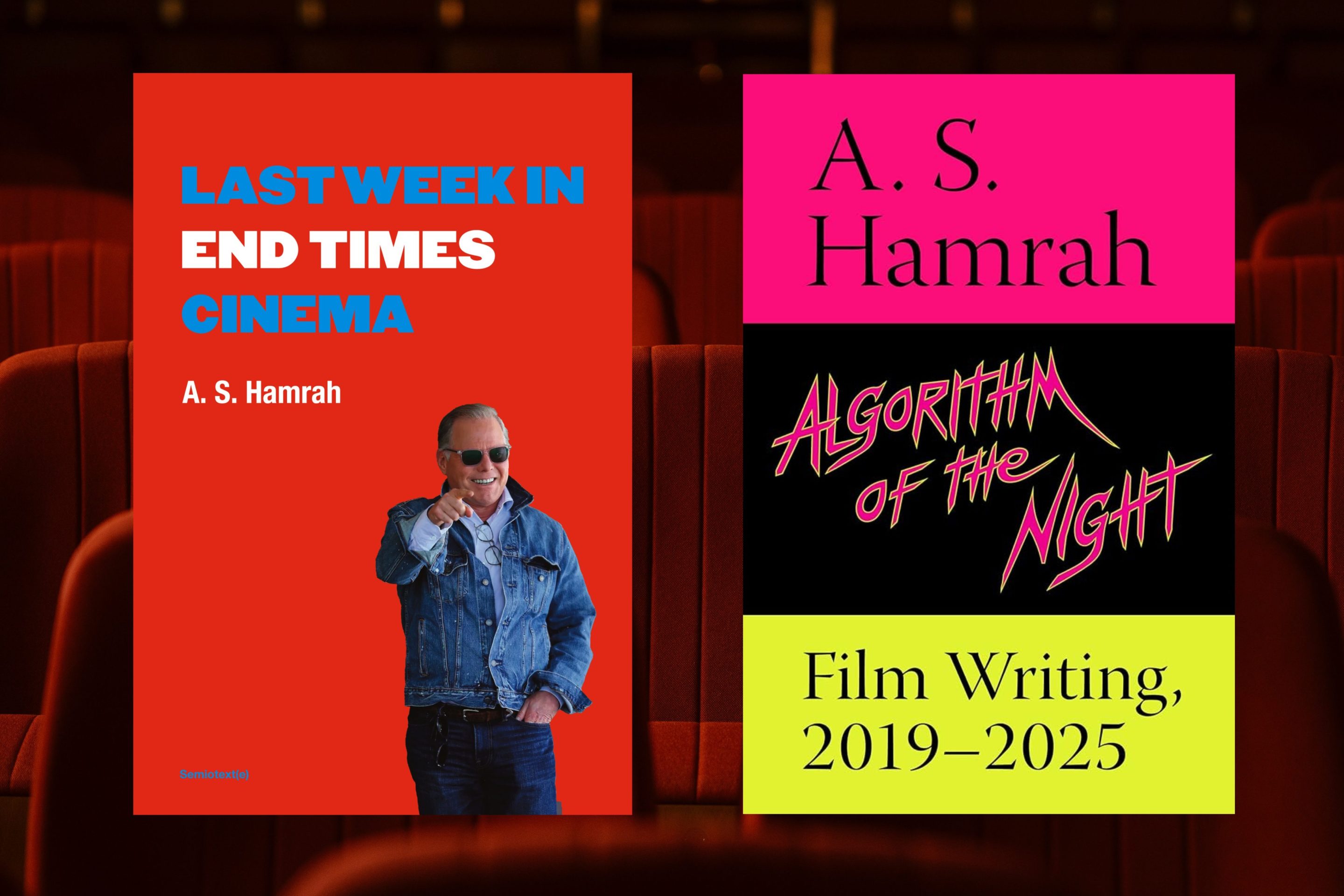Earlier this week, Wimbledon announced that it will be banning Russian and Belarusian players from this summer’s championships in response to Russia's invasion of Ukraine.
"Given the profile of The Championships in the United Kingdom and around the world, it is our responsibility to play our part in the widespread efforts of government, industry, sporting and creative institutions to limit Russia’s global influence through the strongest means possible," Wimbledon announced in a statement Wednesday. "We recognize that this is hard on the individuals affected," Chairman of the All England Club Ian Hewitt said, "and it is with sadness that they will suffer for the actions of the leaders of the Russian regime."
The decision from Wimbledon officials, who are apparently unable to stomach the optics of the Duchess of Cambridge presenting a trophy to a player from Russia or Belarus, is a break from tennis governing bodies' ongoing policy. After Russia invaded Ukraine, the ATP, WTA, and the ITF decided to ban players from Russia and Belarus from team events like the Davis Cup while allowing them to continue competing as individuals, albeit not under their countries' flags. That shift was not the only reason why it was immediately controversial, though. It was condemned by Russian officials, naturally, while the rest of the tennis world divvied itself up into teams. On one side, the ATP and WTA tours, Martina Navratilova, and Billie Jean King all spoke out against the ban, arguing it sets a bad precedent and also does nothing to curb Russian aggression. The WTA said: "Individual athletes should not be penalized or prevented from competing due to where they are from, or the decisions made by the governments of their countries. Discrimination, and the decision to focus such discrimination against athletes competing on their own as individuals, is neither fair nor justified." Russian tennis player and World No. 8 Andrey Rublev, who wrote "no war please" on a camera lens after a match in February, said the ban was "discriminatory" and suggested that Wimbledon give Russian and Belarus players a statement to sign "to give all the prize money to humanitarian help—to the families who are suffering" in exchange for being allowed to play. "I just want to show we are good people," Rublev said.
The Belarus Tennis Federation has even said they may challenge the legality of the ban. "Such destructive actions in no way contribute to the resolution of conflicts, but only incite hatred and intolerance on a national basis," BTF said. "Throughout the history of tennis, armed conflicts have occurred in the world—in Iran, Afghanistan, Syria, Yugoslavia and other countries—but never until now have tournament organizers suspended athletes from the United States, Great Britain, and other countries."
On Wimbledon's side, former Ukrainian tennis players like Alexandr Dolgopolov, who is currently serving in the Ukrainian army, hailed the decision. "Wimbledon isn’t going to stop the war, it’s just an extra sign of the world condemning Putin," he told the Independent. Other Ukrainian tennis players including Elina Svitolina said Russian players should only be allowed to compete if they appropriately disavow the Russian government, a demand which doesn't take into consideration the target that such an action could place on the families of those players. Also on this side, apparently, is Sally Jenkins of the Washington Post, who published a column on Thursday under the headline "Wimbledon’s ban on Russian players is unfair, personal—and exactly right." That gives a sense of the perspective, but here are a few lines from the piece that illustrate just how far Jenkins decided to go:
"Even the most innocent Russians will be price-payers for the rapacious actions of Vladimir Putin’s regime."
"Russian national responsibility is inescapable, whether you are personally silent or an outspoken dissident."
"Russia—not just Putin—is destroying Ukraine, so the response can’t be limited to Putin while exempting the citizenry."
"Each and every person whose hands have become polluted in the contribution towards this crime must pay its price." ([Touches earpiece] Hold on, I'm hearing this line is actually from something else.)
The collective responsibility stuff aside, a large part of Jenkins' argument seems to be about fairness. "Unfair is not sitting out a tennis tournament in England. Unfair is a bullet in the head on the lip of a trench just for being a Ukrainian mayor," she writes, as if two things have never been unfair at the the same time, or as if the lesser of the two unfairnesses could somehow become actual justice. "If ATP officials have an issue over fairness, it’s not with Wimbledon. They should take it up with Putin." (Now there's a helpful idea: ATP officials should simply get Putin on the horn and have a little chat about fairness!)
But the meat of Jenkins' argument rests on the work of Princeton professor Anna Stilz, who in 2011 published a paper called "Collective Responsibility and the State," in which she took a philosophical approach to answering the question of whether, and under what conditions, citizens can bear responsibility for the actions of their state, and what kind of responsibility that might be. It's a delicate argument, pulling from Hobbes and Kant and Rousseau; Stilz makes a number of analogies that struck me as ranging from sort of useful to downright silly. Still, the paper aims to get to the bottom of who owns or authorizes the rights that a state exercises on behalf of citizens, and that was a worthwhile endeavor long before Putin's invasion of Ukraine dragged the question into the sports section. This is Jenkins again:
"If we end up unable to distribute state responsibility to its members," Stilz wrote [...] then we’re in danger of establishing "perverse" incentives. States become "responsibility-laundering machines" in which citizens can just "dissociate themselves" from any sense of liability for atrocities. Maintaining some sense of personal liability for states is what gives people the "incentive" to exercise their political will and limit the harm of a state through dissent and civil disobedience.
Jenkins' summary there is an accurate but incomplete reading of Stilz's work. In that work, Stilz takes pains to lay out the differences between the different types of responsibilities that citizens have for the actions of their state, which she calls "task-responsibility" and "blame-responsibility."
"Blame-responsibility involves crediting or debiting an agent with producing an outcome in a way that exhibits a moral fault or virtue," Stilz writes. "Task-responsibility involves assigning duties to people to repair a particular situation, even when they did not cause the outcome and cannot be blamed for it." Stilz emphasizes this point even further:
The kind of responsibility I am arguing for is simply a task-responsibility to help repair the harm caused by the state, not moral blame. Taking this distinction seriously allows us to reject the argument made by Al Qaeda and other terrorist groups to the effect that ordinary citizens of a democracy are appropriate targets of punishment or reprisals, because they can be blamed for whatever their state does.
Reasonable people can surely disagree about the various interpretations of collective responsibility (I emailed Stilz herself to ask for her perspective on the Wimbledon ban and will update if I hear back) but even squirming around for a philosophical justification for banning Russian players from Wimbledon seems to miss the point to some extent, which is that all of these arguments in favor of the ban stem from the idea that the presiding global hegemony of this moment is righteous, and proceed without any real moral imagination or broader perspective from there. Just imagine the collective columnist freakouts if, say, Andy Roddick had been banned from Wimbledon after the U.S. invaded Afghanistan.
And of course, there will always be a group of people who default to bemoaning what a sad shame it is when politics creep into sports. People in this group include Novak Djokovic, who has a vested interest in the idea that tennis, and those who play it, can exist as totally above and apart from everyone and everything else. He called the ban "crazy," asserting: "When politics interferes with sport, the result is not good."
This is not true, of course, though it's understandable that someone who was deported from Australia for lying about details related to Covid-19 vaccination exemption application earlier this year, and then acted like he was being persecuted over it, might say such a thing. Sports and politics can't be separated, and it's stupid to pretend they can be. It's much more productive to acknowledge that one exists both inside and alongside the other, and then try to respond accordingly. It seems clear that something like what Rublev suggested, in which Russian players would be allowed to compete as individuals on the condition their winnings be donated to humanitarian aid groups, aligns much more closely with the idea of reparative action and responsibility than the blanket punishment that Wimbledon chose instead.






